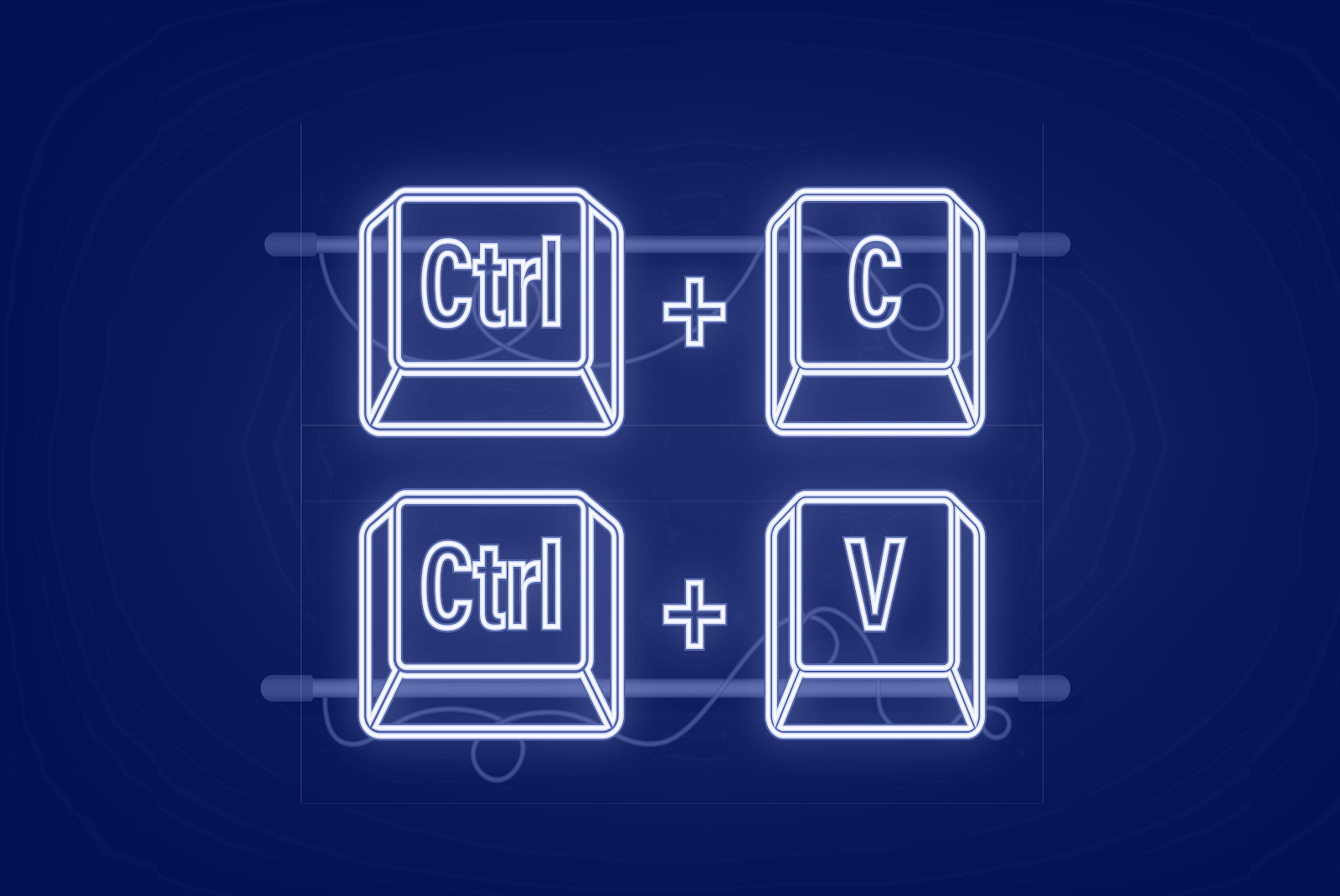 |
| Premature forms of technology used in the Stone Age |
In our juvenile world, technology has rapidly grown alongside us. You think of things like the Internet, mobile devices, cars, and such, however, the term "technology" itself had a different meaning dating back to the 1600s. Examining the etymology of the word technology, it was originally described as the "systematic treatment of an art, craft, or technique." Check out this LINK to read more on the origins of technology. Millions of years ago, cavemen were the first to introduce "technology" like the necessity for clothing, the utilization of fires, and even things such as shelter, can be considered technology. Today, our perception of technology differs quite a bit.
Along with the creation of the Internet in the late 20th century came an abundance of developing technology. Not long before, every individual who had access to a search engine began using it for more than it was originally intended. The Internet helps us research, find answers to our questions, communicate, and connect with the rest of the world; all excellent uses of technology. What we failed to understand before this significant rise in technology were the many unintended consequences. New generations have introduced terms along with the development of our iPhone platforms, with our favorite social media applications. TikTok, Instagram, Snapchat, and Twitter are all major hubs of online exposure. Terms like catfish, hashtag, and even selfie have all been added to the English Dictionary. Although what seemed to be a harmless approach resulted in major consequences. The intention behind social media was to help people connect and share aspects of their lives with family and friends. It was not long before people began abusing said platforms for the purpose of their own personal benefit. "Cyberbullying" was an up-and-coming term in the early 2000s, and it remains an issue to this day. Technology has helped humans attack each other from behind their screens, which, at face value, is a concern.
The introduction of artificial intelligence (AI) was an outstanding accomplishment for humanity. The genesis of artificial intelligence lies in our quest to replicate the cognitive capabilities of humans. We lean toward artificial for its efficiency and affirmation of content. It presents information in seconds and tailors to our own personal needs. AI was designed to counteract human error. However, there is only so much technology can provide for us. It is worth considering that while artificial intelligence can operate rather quickly and continuously without fatigue, the overall impact could be entirely more damaging than we imagined. If you are curious to know how AI functions, check out this ARTICLE.
Artificial intelligence presents several problems, some of which contradict ethical reasoning. Perhaps the most obvious concern is the major loss of employment. Humans have used their hands since the dawn of time, but machines are continuing to replace manual labor, putting many in an undesirable position. This shift may also require an entire rebrand of training tailored to new developments in technology.
In recent years, the use of AI, primarily ChatGPT, has caused a number of concerns within the classroom. AI directly interjects with academic integrity and instigates the practice of cheating. With easy access to this technology, there is essentially no need nor drive for students to use their own minds, hence their failing to perform ethically in school. This is the perspective future generations will grow up with, with the notion that artificial intelligence has all the answers. There may be an over-reliance on artificial intelligence, and it makes me anxious to see how humans will succumb to the unintended disservice of technology.
 |
| The simple nature of copy & paste |
Humans must figure out how to balance innovation with ethical considerations so that we can hinder the progression of these consequences, all while sustaining our access to unparalleled technology. The accomplishments of technology are irrefutable. The very creation of the Internet, in my personal opinion, is the most significant invention of our time. But like everything else, there is also undoubtedly a plethora of ramifications. Despite the concerns, technology has done a good service to humanity.











